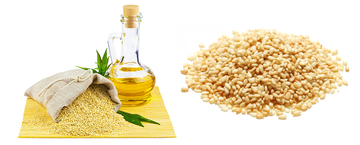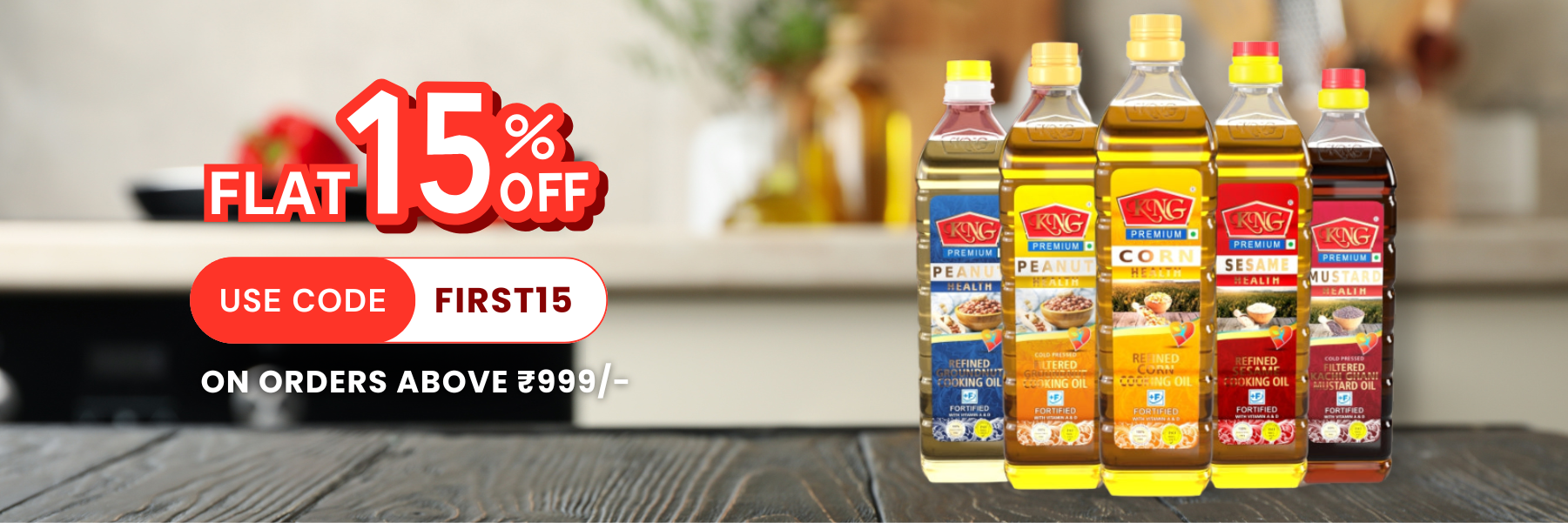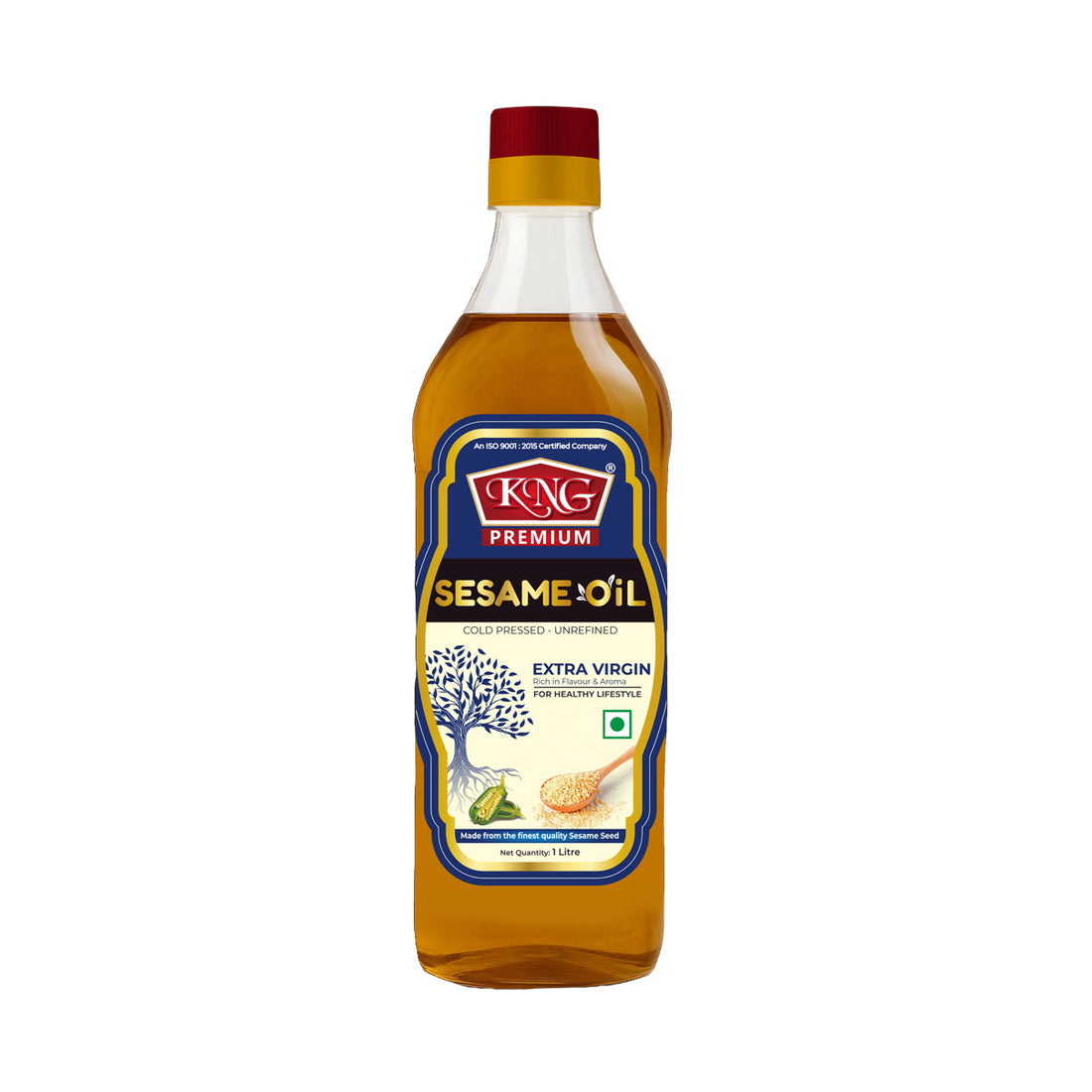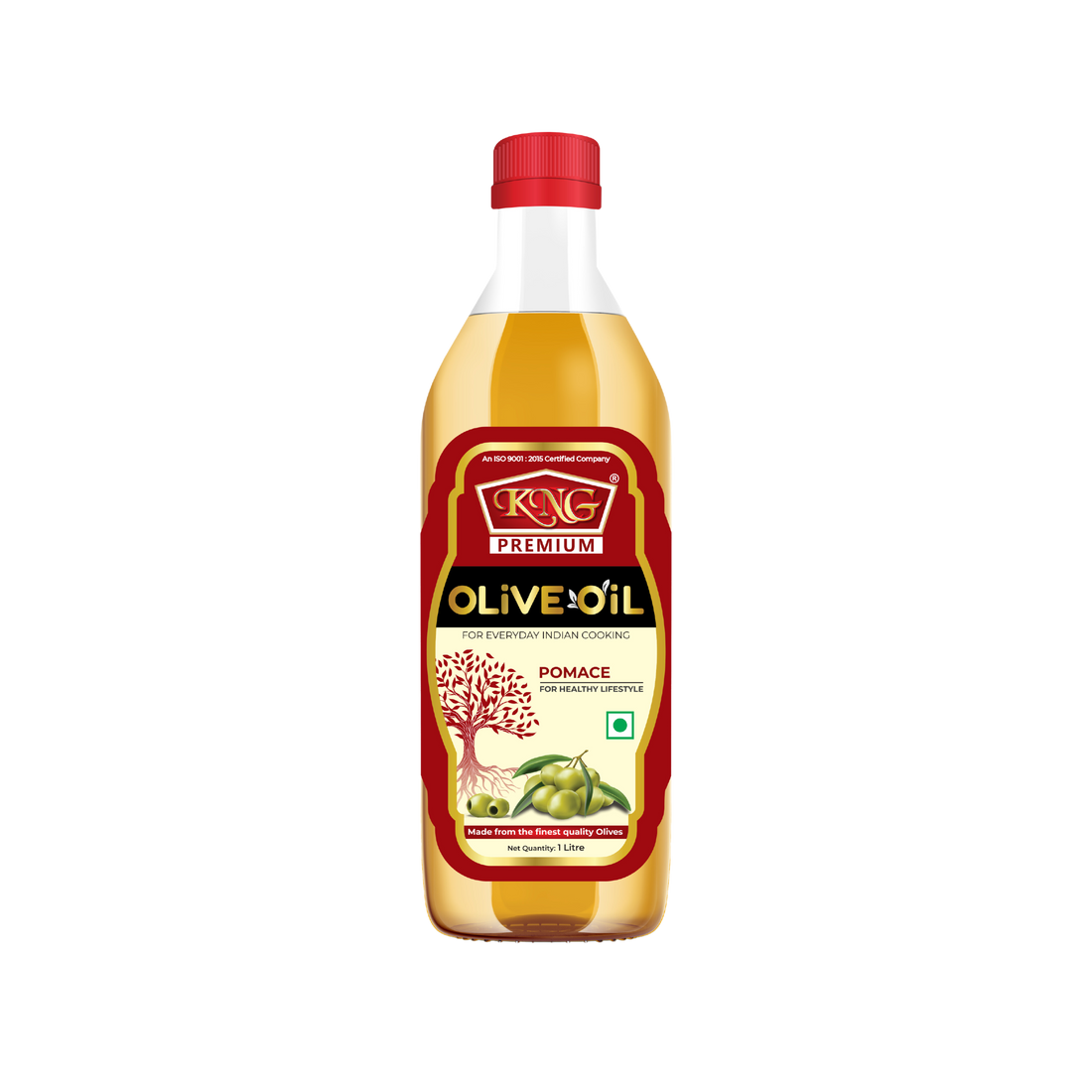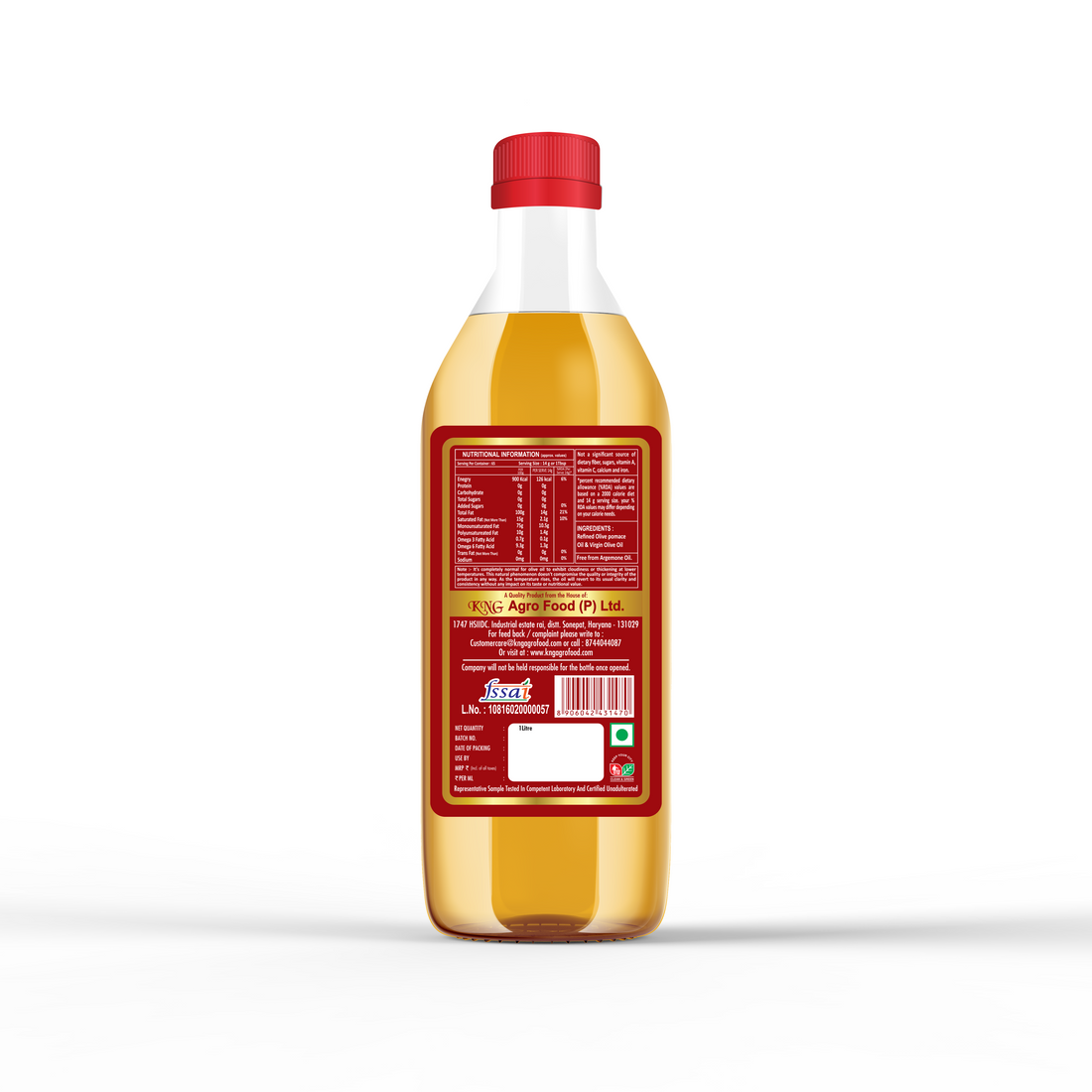The definition of Canola oil is ‘the vegetable oil which is extracted from a special genetically modified species of rapeseeds’. It is rich in the monounsaturated fatty acids (MUFA) and polyunsaturated fatty acids (PUFA), whereas it is low in the content of saturated fatty acids. Canola oils are extracted from the rapeseeds. Initially the oil prepared from the rapeseeds was not safe for the consumption by common people. The oil extracted from rapeseeds contains some harmful chemical substances that can cause various severe health problems. Fatty acid like Erucic acid is present in the oil which can cause heart damage. Glucosinolates present in the oil extracted from rapeseeds are compounds that render bitter taste to the oil. It was used in industries for various purposes. The oil production from genetically modified rapeseeds was grown to obtain edible canola oil.
The actual meanings of canola are not related to the oil but it is a marketing terminology that is used for the edible version of oil extracted from rapeseeds. Canola stands for the Canadian Oil. The meaning of canola oil in Hindi Shabdkosh is ‘Safed Sarson ka Tel’. The pronunciation of canola oil in Hindi is ‘saphēda sarasō kā taila’. The synonyms of canola oil are vegetable oils or oleic acid. The translation of canola oil in Hindi is ‘safed sarson ka tel’.
Canola is not actually a rapeseed but they are genetically modified seeds of rapeseed plant. They look same on the exterior but they are different genetically. In order to remove the harmful compounds from the rapeseed like Erucic acid and Glucosinolates, Canadian scientists in 1960s used biotechnology to create rapeseeds lacking undesirable compounds.
BENEFITS & USES OF CANOLA OIL
It is commonly used in preparation of food materials. Mayonnaise, salad dressings, margarine and many other products are made using canola oil. The processed canola oil is also used at industrial level for the manufacturing of lubricants, oils, soaps, paints, plastics, cosmetics, and much more. The ethanol required in the production of Gasohol, which is a combination of gasoline and ethanol, is prepared from the canola and wheat plant. Canola oil is known to be highly effective against the insects, and it is used widely in combination with soybean oil for the production of pesticides.
Canola is used in food production because of its richness in fatty acids. It contains very less amount of saturated fats that is responsible for heart diseases and this fact accounts for the wide use of canola in food industry. This fact has been published by verified by the scientists proving that canola have half the amount of saturated found in the corn oil, and soybean oil.
Canola is proved to be useful in reducing the cholesterol level in the blood plasma. It contains MUFA that is as effective as the polyunsaturated omega 3 fatty acids. According to the researchers, it is said that canola is a good source of omega 3 fats, which most of the people lack in the body. But the oil that is produced by the genetically modified rapeseeds that contain fewer amounts of erucic acid and glucosinolates are processed under high temperature which makes the consumption of canola oil very harmful. The omega 3 fatty acids present in canola are sensitive to high temperature. And the processing of canola oil form the seeds under high temperature damages the omega 3 fats and it gets rancid and smells bad. The smell is restored by converting omega 3 fats into trans fats which is highly dangerous. Trans fats are responsible for various major heart diseases.
CANOLA OIL IS SAFE FOR USE OR NOT?
Canola oil is not safe for consumption. The nutrients like saturated fats and omega 3 gets damage in the manufacturing of the canola oil which is responsible for severe heart diseases. It is a necessity to cut out canola oil from the food chart as it is not providing any benefits to your body and health. Fats in canola oil are highly susceptible to the rise in temperature. And while cooking, due to the unstable nature of the fats in canola oil, it becomes inedible for consumption. Canola oil after heat treatment will not only provide toxic trans fats to your body but will also introduce oxidised cholesterol. This could lead to cancer and heart diseases.
Hexane, a toxic chemical, is also used in the extraction and procession of canola oil. Traces of hexane are found in the oil, which on consumption can causes severe health issues. Consumption of processed foods is bad for health because they contain hydrogenated canola oil, which is dangerous for health. The commonly available canola oils in the market are partially hydrogenated. They are not suitable for consumption
Tests have been organized on animal models by feeding them canola oil. The result obtained on rat models was that they suffered with short life span and decrease in the number of platelets and increase in the size of it. The normal growth of the animals was retarded. It also enhances the formation of free radicals causing damage to the body and cells.
Canola oil decreases the cholesterol levels, LDL, triglycerides levels in the blood plasma. But the use of canola oil for long term is not favourable. The decrease in the cholesterol level is observed in short time duration of 3-4 weeks. In long run, the daily use of canola oil can lead to various cardiovascular problems.
Using organic, cold press canola oil for consumption purposes are best for your health as all the healthy fats and nutrients are restored in it and are not at all toxic to the body. Though it is better than any other vegetable oil but the genetically modified canola oil is not good for consumption because of its high trans fat and PUFA content.
Canola oil should be immediately replaced with healthy edible oils like coconut oil, olive oil, and various other herbal oils. It is resistant to heat and also provide desirable nutrients to the body. It has anti bacterial properties and beneficial fats that are required by the body.



